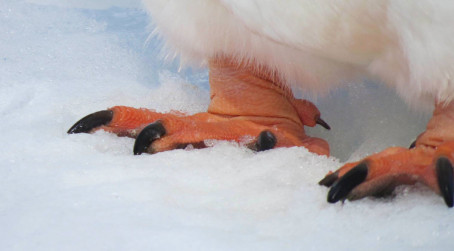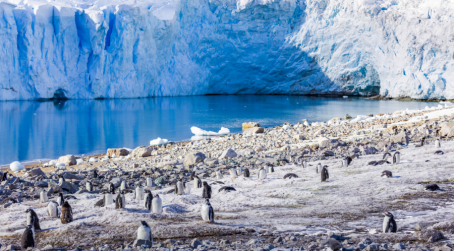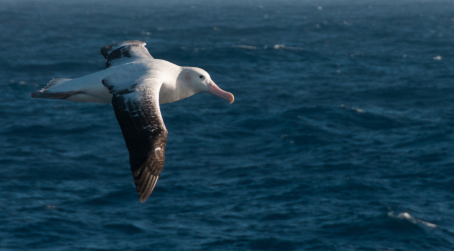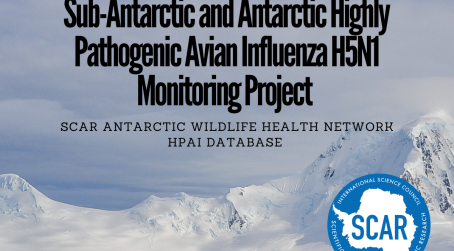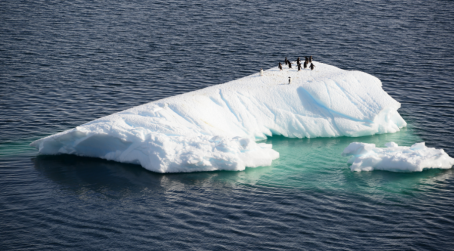Meagan Dewar, Michelle Wille, Amandine Gamble, Ralph Vanstreels, Thierry Boulinier, Adrian Smith, Arvind Varsani, Norman Ratcliffe, Jennifer Black, Amanda Lynnes (2023). The Risk of Avian Influenza in the Southern OceanA practical guide for operators interacting with wildlife. EcoEvoRxiv (Preprint), https://doi.org/10.32942/osf.io/8jrbu
Boulinier, T. (2023). Avian influenza spread and seabird movements between colonies. Trends in Ecology and Evolution (In Press)
Andrés Barbosa, Arvind Varsani, Virginia Morandini, Wray Grimaldi, Ralph ET Vanstreels, Julia I Diaz, Thierry Boulinier, Meagan Dewar, Daniel González-Acuña, Rachael Gray, Clive R McMahon, Gary Miller, Michelle Power, Amandine Gamble, Michelle Wille. (2021). Risk assessment of SARS-CoV-2 in Antarctic wildlife. Science of the Total Environment, 755, Part 2: 143352
Julia I Diaz, Bruno Fusaro, Virginia Vidal, Daniel González-Acuña, Erli Schneider Costa, Meagan Dewar, Rachael Gray, Michelle Power, Gary Miller, Michaela Blyton, Ralph Vanstreels, Andrés Barbosa (2017). Macroparasites in Antarctic Penguins. Biodiversity and Evolution of Parasitic Life in the Southern Ocean. S. Klimpel, T. Kuhn and H. Mehlhorn. Cham, Springer International Publishing: 183-204.
Andres Barbosa, Erli Schneider Costa, Meagan Dewar, Daniel González-Acuña, Rachael Gray, Michelle Power, Ralph Eric Thijl Vanstreels. (2015). Antarctic wildlife diseases. https://environments.aq/publications/antarctic-wildlife-diseases-2/


